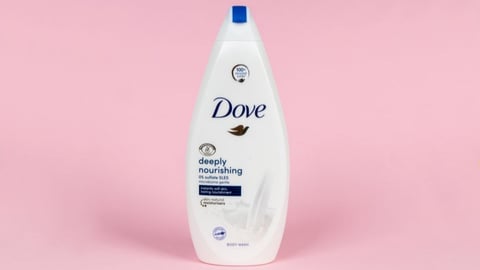Coty Launches Internal Upskilling Metaverse for Global Workforce
Beauty company Coty has stepped into the metaverse, launching a virtual campus designed to upskill its global workforce.
Coty – which includes brands like Marc Jacobs, Vera Wang, Rimmel, and Nautica in its portfolio – has partnered with 3D social platform Spatial to create an internal metaverse to train its 11,000-strong workforce.
Coty Campus will roll out in the Fall of 2023 and will be the first-of-its-kind virtual training platform, gamifying collaboration and rewarding employee engagement through “item collection, location exploration, and quest fulfillment.” The platform will feature customizable avatars and allow for vocal chat discussions and filesharing among Coty colleagues worldwide.
See Also: As Apple’s Headset Gets Closer to Consumers, So May the Metaverse
Coty chief digital officer Jean-Denis Mariani said the company was excited to see the project drive more “interactive solutions for collaboration and co-creation.”
CGs Enter the Metaverse, But Take a Different Direction?
The metaverse generated a lot of hype when it first debuted, and consumer goods companies continue to build out virtual reality and “metaverse” platforms in sales and marketing efforts – primarily through immersive retail experiences.
In 2021, for example, Nike, launched Nikeland on the Roblox platform, while Chobani hosted a virtual marathon on the same platform. For Halloween last year, PepsiCo and Frito-Lay North America gave customers the chance to immerse themselves in a digital neighborhood – Chesterville – and bring back discontinued Cheetos flavors. In recent weeks, Estee Lauder brand Clinique rolled out a new digital retail concept, The Clinique Lab.
While sales of AR/VR headsets dipped by 2% in 2022, according to Ben Arnold, consumer electronics analyst of The NPD Group, a recent survey by Accenture shows nearly 55% of consumers want to be active users of the metaverse, and 90% want to do so in the next year.
See Also: How Unilever Expedites Product Innovation With AI, Automation, and Robots
While consumer goods companies are still figuring out the ROI for metaverse and consumer engagement, exploration of its potential within enterprise operations remains. Nestle Purina, for example, recently made the news for its development of virtual space – one that the company termed “the metaverse” – designed to optimize store shelving. The implementation marries headset technology and planogram data to enable associates in a shared virtual space to complete tasks, decide store allocations, brainstorm, look over product displays in-store, and share best practices.
Speaking at CES 2023, Steve Koenig, VP of research of the Consumer Technology Association, acknowledged that the metaverse had been bogged down by misunderstandings and early excitement, but advised leaders not to let the technology fall by the wayside just yet: “Metaverse is still a speculative term. But make no mistake, this is a real trend, just as the internet was a real trend in the early 1990s.” Koenig also pointed to the “advancing opportunities and capabilities and experiences in the metaverse,” enabled by the progression of 5G, adding that “the metaverse is closer than you think.”






